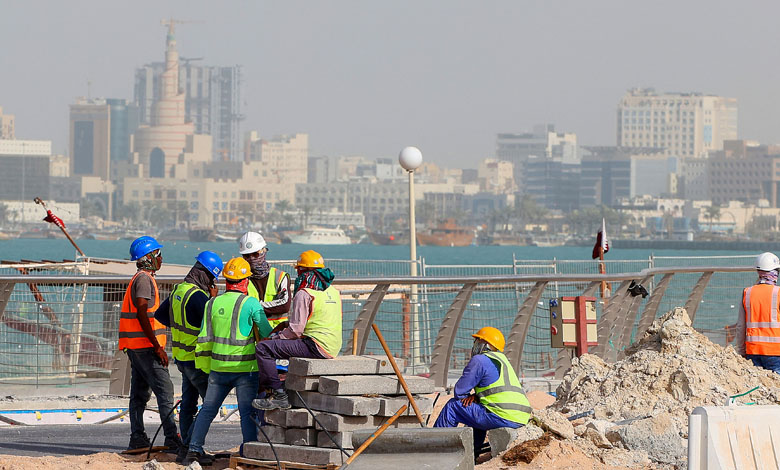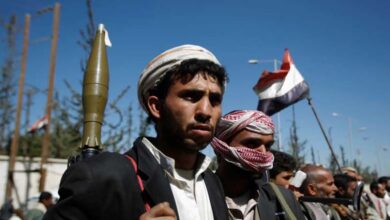The other side of Qatar.. Life is not luxury and extreme poverty is rife among migrant workers

Qatar, the host of the 2022 World Cup, is one of the world’s richest countries, but at the same time there is abject poverty in certain regions but it is barely reported in the international media, foreigners who represent 90% of its population are the most affected by the population, and with a lot of money, the small country attracts large numbers of migrants and can invest heavily in infrastructure, with long-term construction in the middle of the desert, where the small Gulf state claimed to have effectively eliminated poverty, at least as official statistics show, but the reality is different.
False statistics
The Qatari population now stands at around 3 million, of whom only 350,000 are Qatari, or less than 10% of the total population. However, citizens and foreigners living in Qatar are not treated the same, as people who are citizens of the country are entitled to a number of social benefits, such as free access to the health system, and assistance in housing and transport assistance, so it is not surprising that there are no poor in this group.
But foreigners, who make up a lot of the population, many of them from Bangladesh, India, Nepal and Pakistan, live in abject poverty. These migrants, who leave their countries of origin to escape poverty and financial stability, are forced to accept low wages in addition to working conditions in any way. Thousands of foreign workers, for example, have died in the construction of stadiums and infrastructure since the country was selected to host the World Cup.
Unequal Transaction
According to the law, foreigners are not treated in the same way as native citizens. More recently, the kafala system means that migrant workers cannot leave the country or change jobs without their employer’s permission, and if they change jobs without that permission, they will be considered “fugitive” criminals, which could lead to arrest, detention, and deportation.
In December 2016, Qatar passed a law that allows workers who have completed their contracts to freely change jobs and also imposes fines on companies that confiscate employees’ passports. However, it is still legally possible to confiscate a passport or identity card if there is written consent from many workers – that the law was just ink on paper – and another obstacle that concerns all migrants for Qatar is the initial recruitment fees that workers typically pay to recruiters before settling in the country, which ranges from $500 to $3,500. They are obligated to pay this amount before leaving their country of origin to find a job.
According to HRW: “Migrant workers – and their families – must always rely on their employers to facilitate entry, stay, and work in the country, meaning employers are responsible for applications, renewal, and revocation of residency and work permits. “Workers can remain undocumented when employers fail to complete such a process, and it is they – not their employers – who bear the consequences”, HRW said in a 2020 report. “Qatar continues to impose severe penalties for absconding – that is, when a migrant worker leaves work without the employer’s permission”.












